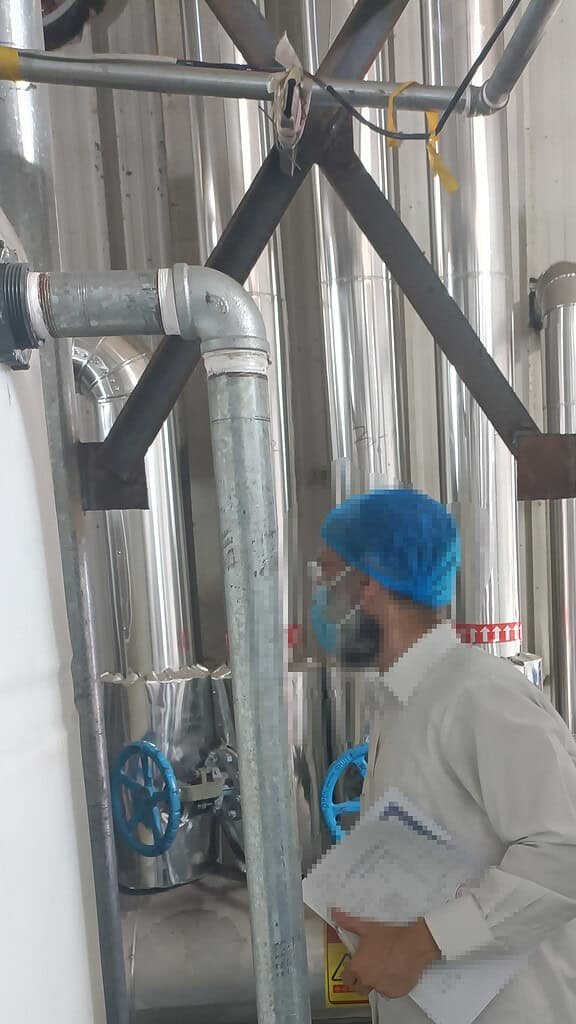As global demand for kosher-certified foods rises, our recent factory audit by an Israeli client highlights both the opportunities and rigorous standards required. The focus was on producing 100% kosher tomato paste in 400g and 2.2KG canned packaging, ensuring full compliance from raw material sourcing to final sealing.
H2: Kosher Commitment Starts with Raw Materials
The first concern from the client was ensuring the raw tomatoes used in the production are sourced from kosher-approved farms, with no cross-contamination from non-kosher crops.
H3: Key Questions Asked by the Customer
- Are the tomatoes grown in compliance with Kosher agricultural guidelines?
- Are suppliers certified by a recognized Kosher authority?
- Is there any possible contamination from nearby non-kosher produce?
H2: Independent Cleaning and Steam Systems

Another critical focus was the factory infrastructure, especially:
H3: Cleaning System
- Is the cleaning system used for tomato paste production fully independent?
- Are all tanks, pipelines, and equipment cleaned with kosher-certified cleaning agents?
H3: Steam System
- Is the steam used for sterilization sourced from a dedicated kosher system?
- Are there separate pipelines to prevent crossover with non-kosher production?
H2: Kosher Certification of Additives
While the tomato paste is labeled 100%, certain variants require minor stabilizers or additives such as maltose (麦芽糖).
H3: Questions on Additives
- Are all food additives used (e.g., maltose, citric acid) from kosher-certified suppliers?
- Do these additives have updated Kosher certificates (Hechsher)?
- Is batch documentation traceable for every additive used?
H2: Packaging & Labelling for Kosher Markets
For products going to Israel or Jewish communities worldwide, the packaging process must also align with kosher protocols.
H3: Points Reviewed by the Client
- Are the 400g and 2.2KG cans sealed in a kosher environment?
- Does the product label include Kosher certification symbols?
- Is the Kosher supervisor (Mashgiach) involved during the production run?
H2: Final Outcome and Next Steps
The client expressed satisfaction with most of the factory’s setup but highlighted a few areas for improvement:
- Submit updated Kosher certificates for all auxiliary materials.
- Improve traceability system for each production batch.
- Schedule a supervised trial production with a certified Mashgiach present.

